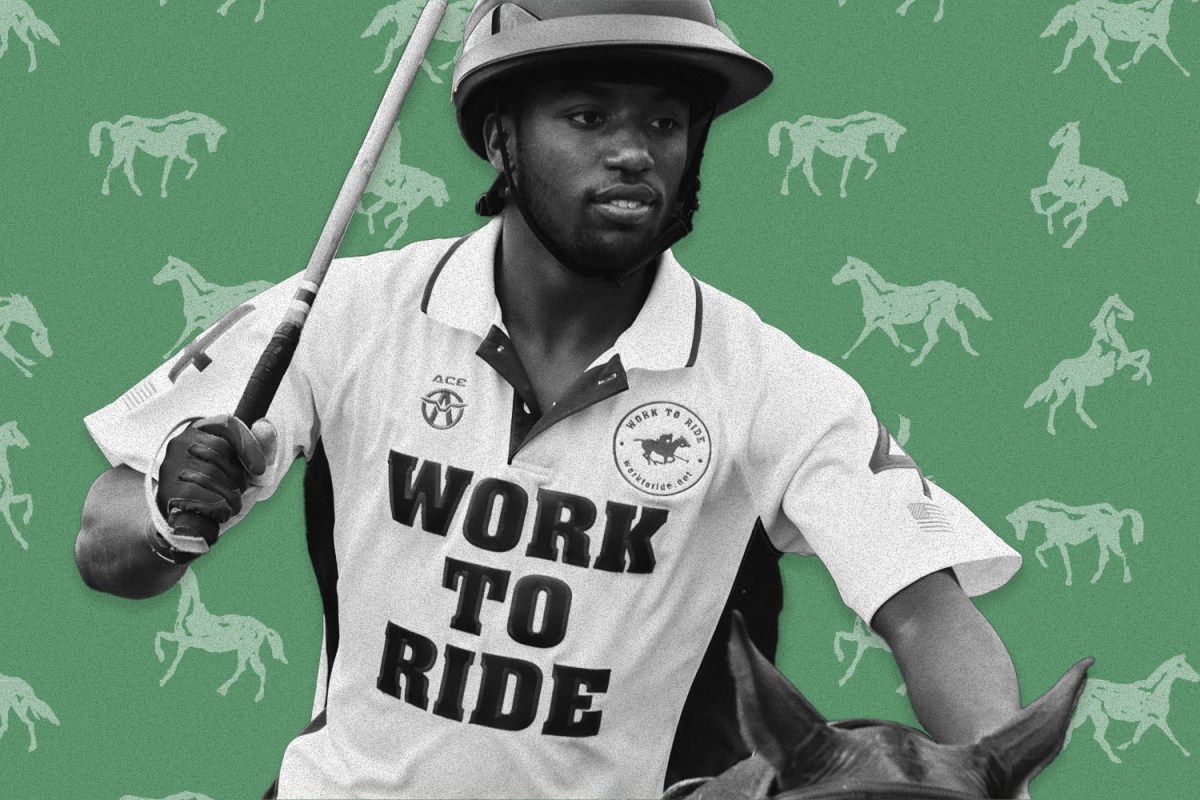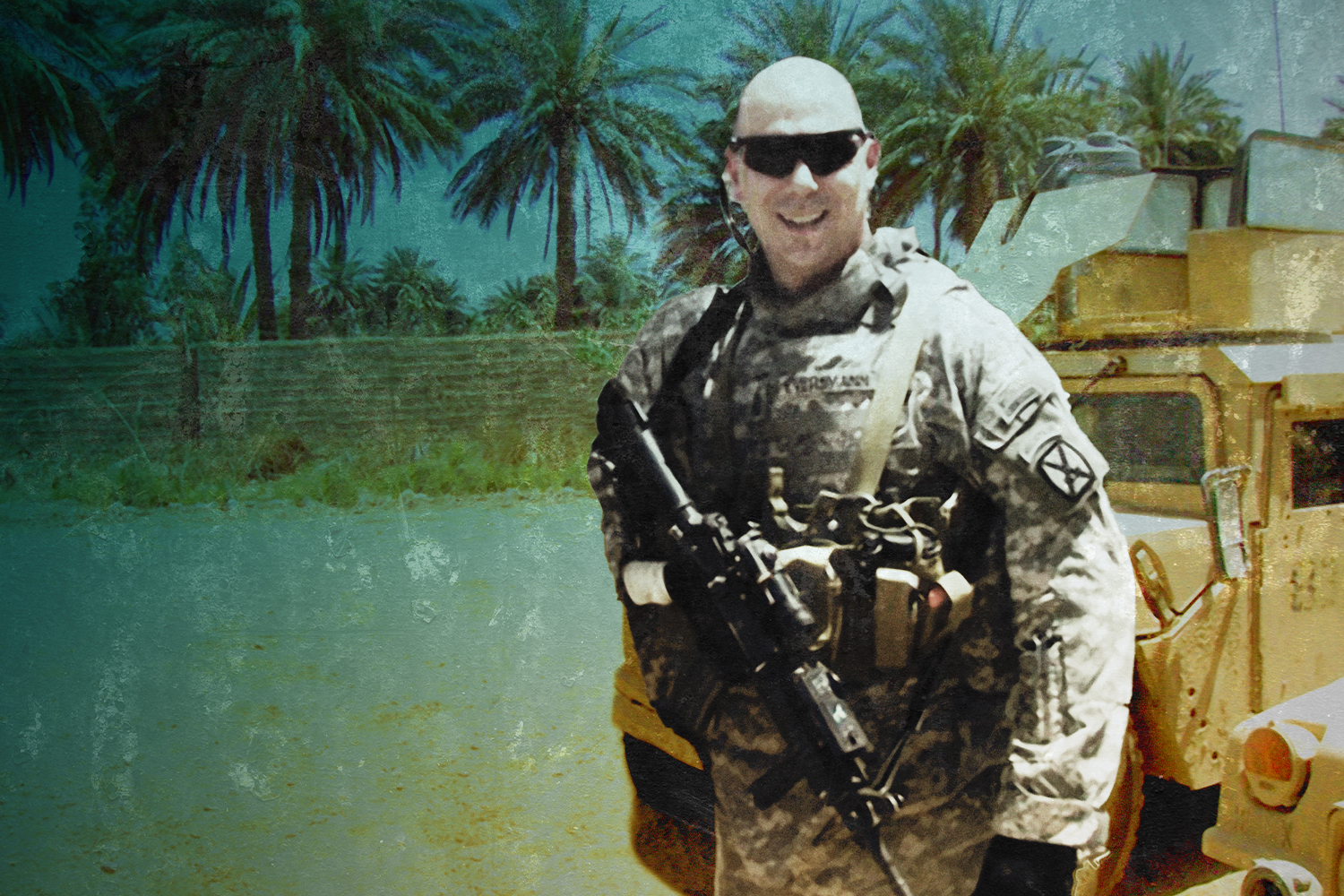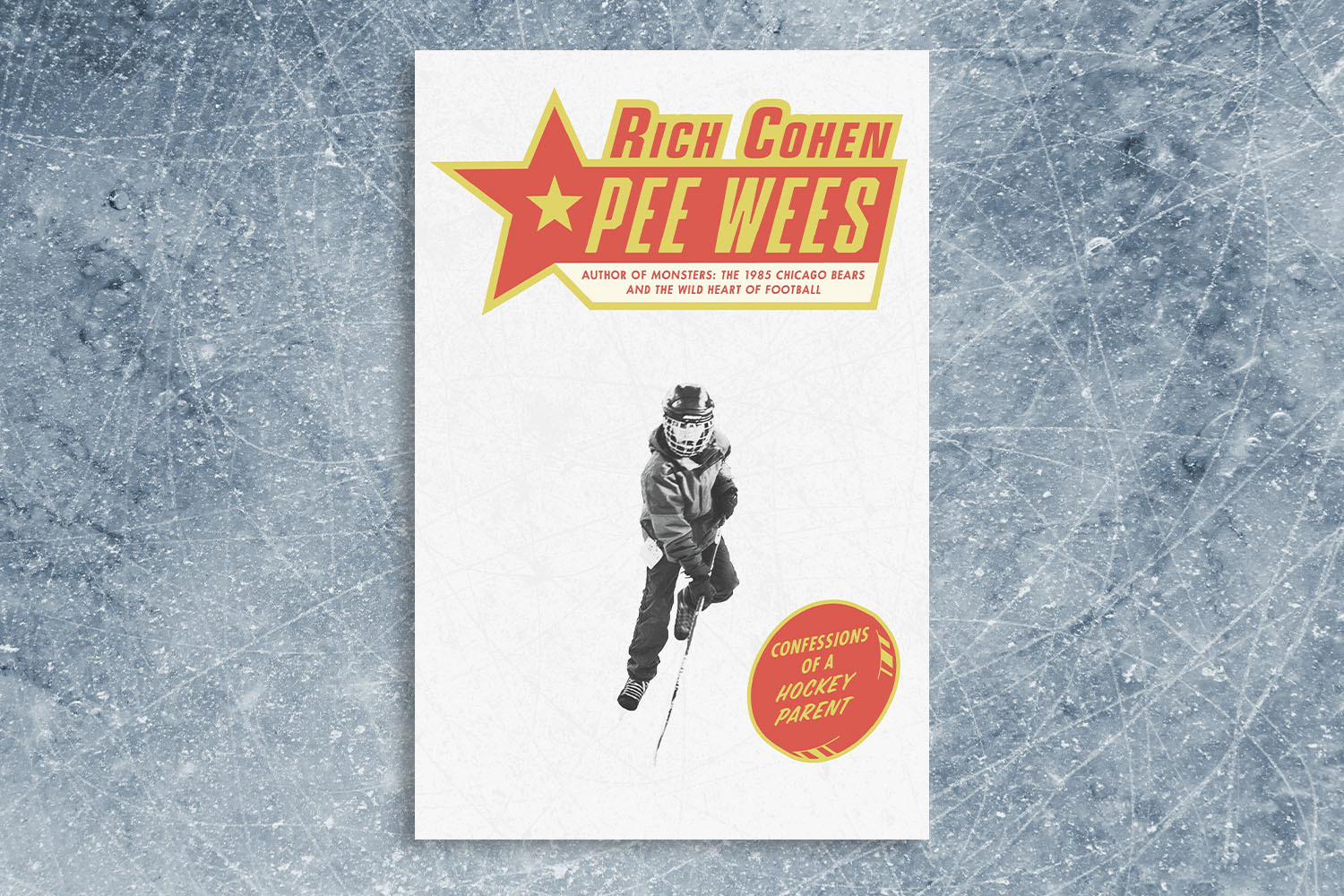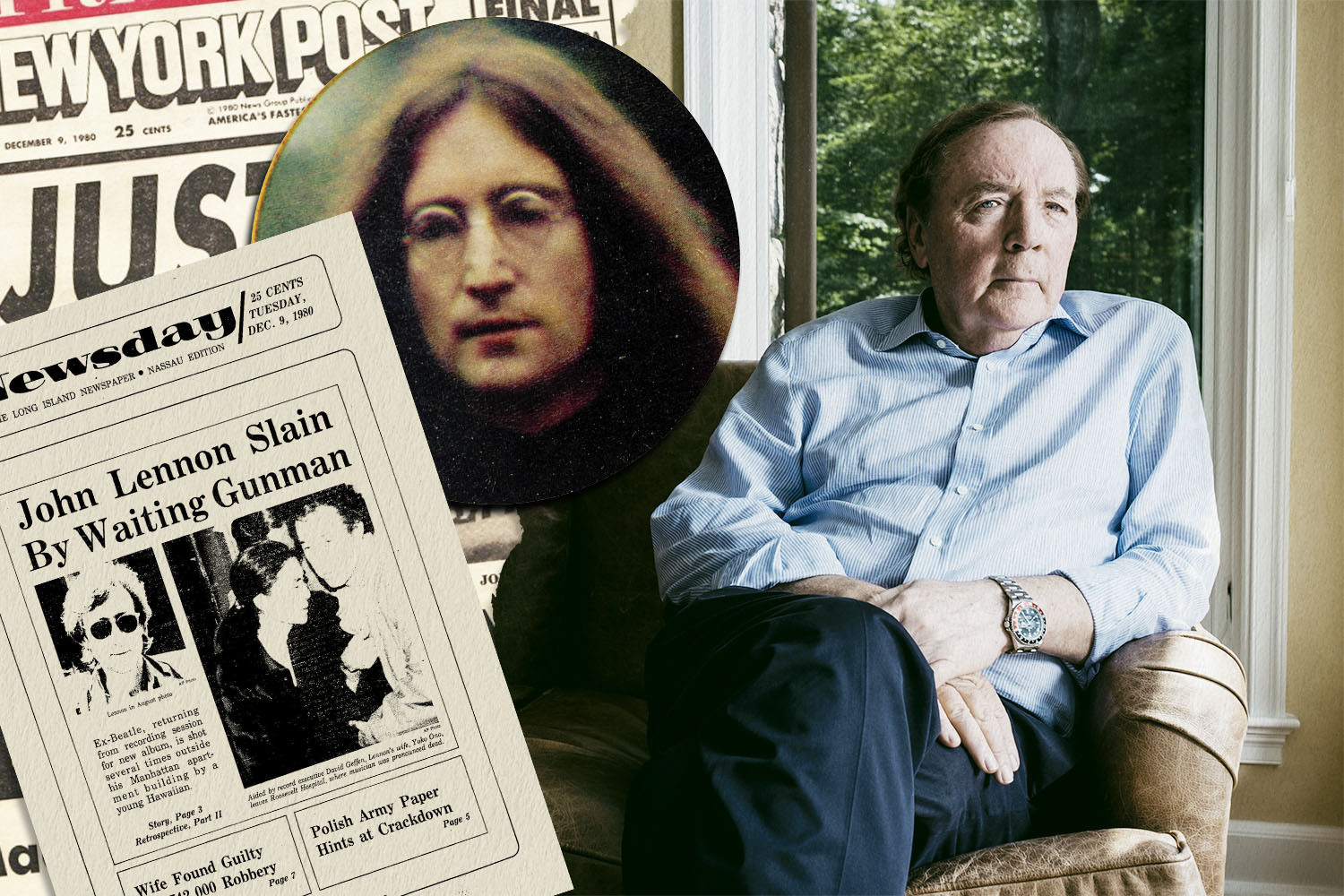There’s a school of thought that you should not be able to write a memoir until you’re old and grey. That young people lack the adequate wisdom and life experience to draw out anything profound enough that it would have a real impact on readers.
And then there’s Kareem Rosser.
Rosser isn’t even in his thirties yet, but with Crossing the Line: A Fearless Team of Brothers and the Sport That Changed Them Forever, he’s penned a memoir that should put to bed any notion that young people don’t have life stories worth publishing. His tale of coming up in one of Philadelphia’s worst neighborhoods — literally called “The Bottom” — and rising to the top of the American polo rankings on his way to a college championship at Colorado State University is a story everybody should know, whether they love the sport or their knowledge of it is limited to that little logo on their golf shirts.
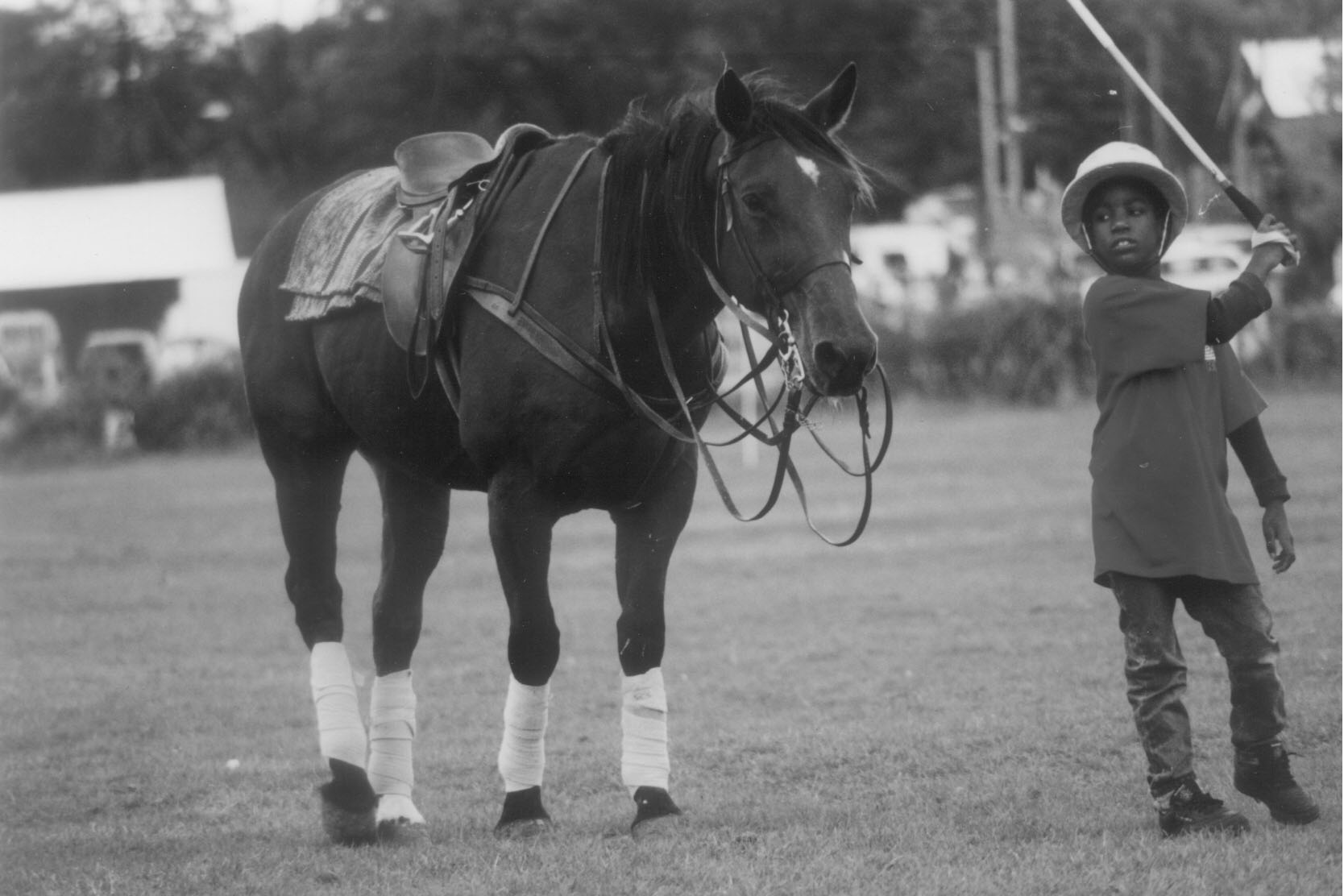
Ultimately, polo is just the vehicle for Rosser to tell an even bigger story, one that’s about the place he comes from and the mentors who helped him learn to play but also survive. There’s Lezlie, the founder of the Work to Ride program that taught kids like Rosser to ride and take care of horses. She’s a guardian angel, second mother and Dickensian benefactor rolled into one, always looking out for the kids who have very little and reminding Kareem to “Get out and stay out” of the neighborhood he came from. Observing her for years, Rosser tells InsideHook that he’s been able to pinpoint the things that make somebody like her a great mentor: “Being a selfless person. The ability to recognize strengths and weaknesses. Knowing how to connect with an individual. A true mentor is always available.”
Mentorship is a big part of Rosser’s story. He had Lezlie, but just as important were his older brothers who kept him safe and also introduced him to the game. Some got out of The Bottom; others — like his brother David, of whom Rosser writes that “his bravery was more of a curse” — weren’t so lucky. While Rosser was in the final stages of finishing his book in March of 2020, David was shot and killed in their old neighborhood after a year off the streets and trying to hold down a legit job. I ask Rosser whether putting out a memoir less than a year after his brother’s death is catharsis or bittersweet. He says it’s the latter, but “Maybe a little of both. Talking about it is so important to me.” As for adding the story of his brother’s murder to the epilogue, he resigned himself to the fact that “I had to write one more thing.”
The book ends on a somber note, with Rosser reflecting on his brother’s death: “No matter what I did or how much I distanced myself, The Bottom could still yank me back into its grasp and shatter my heart with its senseless violence,” he writes.
Still, the tragic conclusion serves to substantiate everything that comes before it, adding more weight to Rosser’s story and elevating it beyond typical Rah rah, if I can do it so can you tales of perseverance and overcoming advesity. There’s nothing flashy; instead, Rosser is humble and honest. His sensitivity comes across throughout the book. He writes about dealing with anxiety and panic attacks, pointing out to InsideHook that it’s not something that’s usually brought up among men, “especially in the Black community. It’s hard to show that vulnerability.”
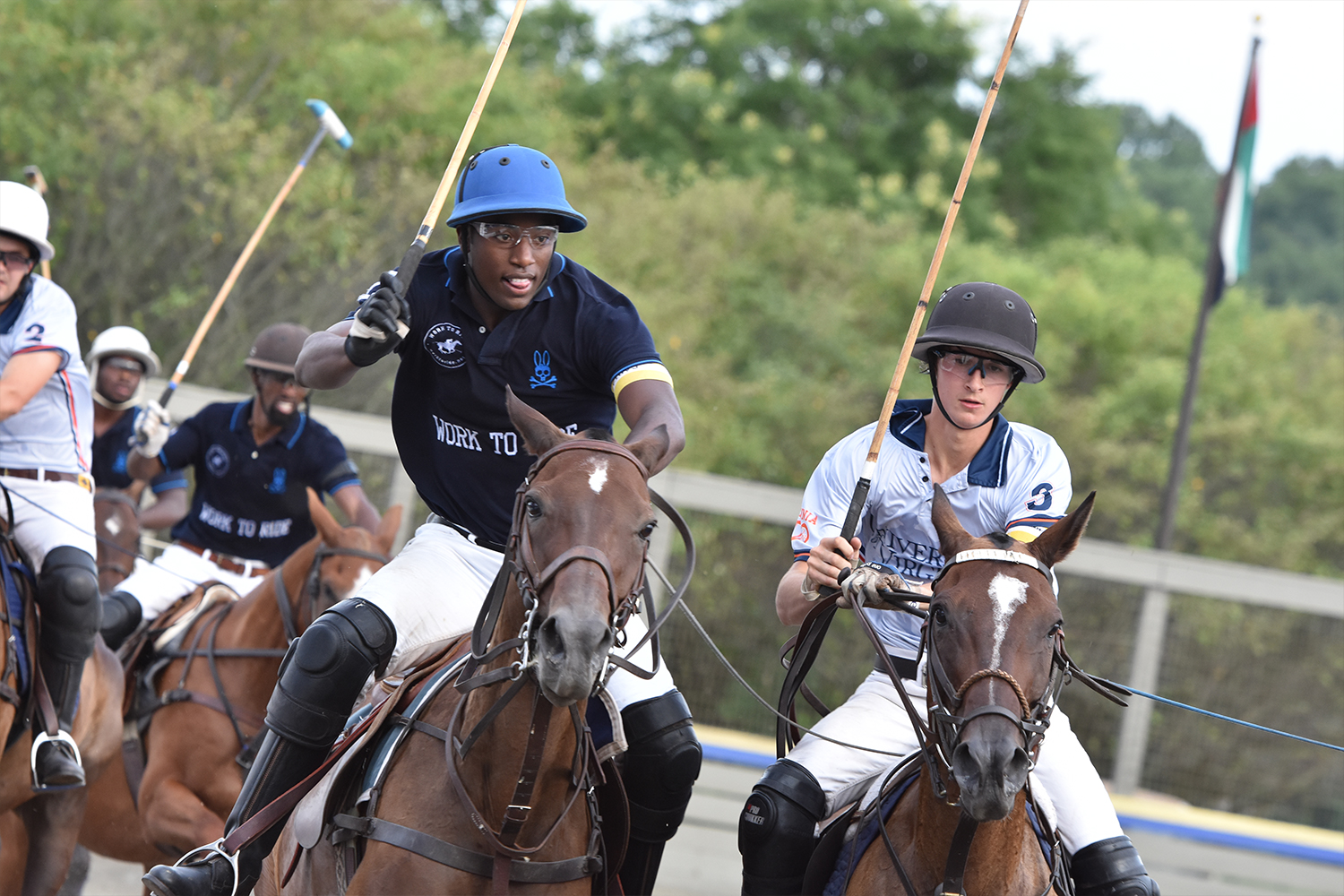
Vulnerability is exactly what gives Crossing the Line its strength; Rosser not holding anything back is the key quality that makes this first-time author’s words worth your time. As for a lesson that anybody can take away, it’s a simple thing: hope. Hope is everything in this book. And Rosser attributes his wellspring of it to two things: “It’s part instinctual,” he says. “But it’s also experiences one goes through. I think all the experiences, good and bad. All I had was hope.”
It takes a lot to go through what Rosser has gone through and come out OK. His story is like countless others of Black and brown people in America. Some find opportunity and make a better life, but many don’t. Rosser doesn’t dwell on that. He just wants his story to serve as inspiration for others to show them that there’s a way. Today, he’s a financial analyst, but he stays close to where he’s from by serving as the executive director of Work to Ride. He believes growing the organization can help grow the sport in America and change the narrative that it’s only for rich white people (“if you choose to play golf, you could choose to play polo,” he says). More immediately, he hopes to expand the program that helped him into other cities, beyond its native playing.
It might work. Polo could catch on. Or, at the very least, more kids like Rosser and his brothers could have their lives changed by it. Either way, if anybody should be considered the face of American polo, it’s Kareem Rosser.
The Charge will help you move better, think clearer and stay in the game longer. Subscribe to our wellness newsletter today.
